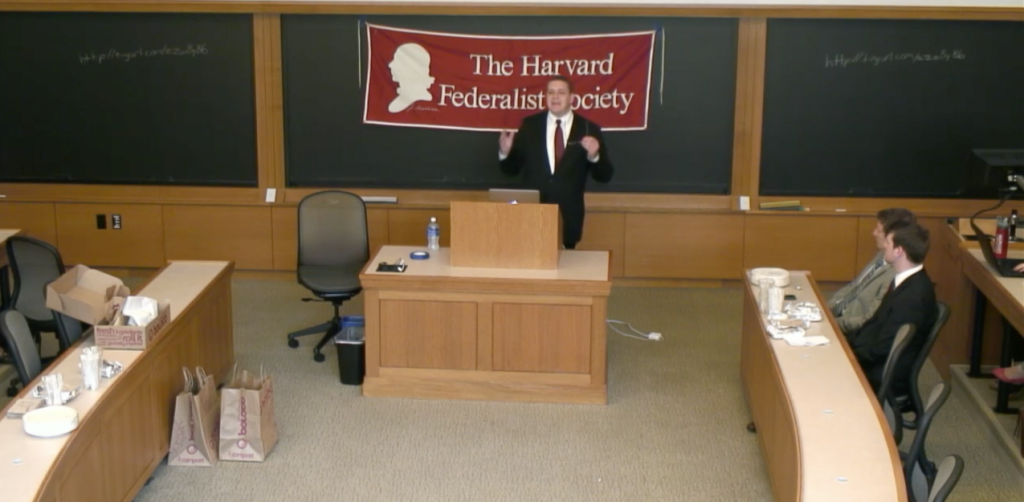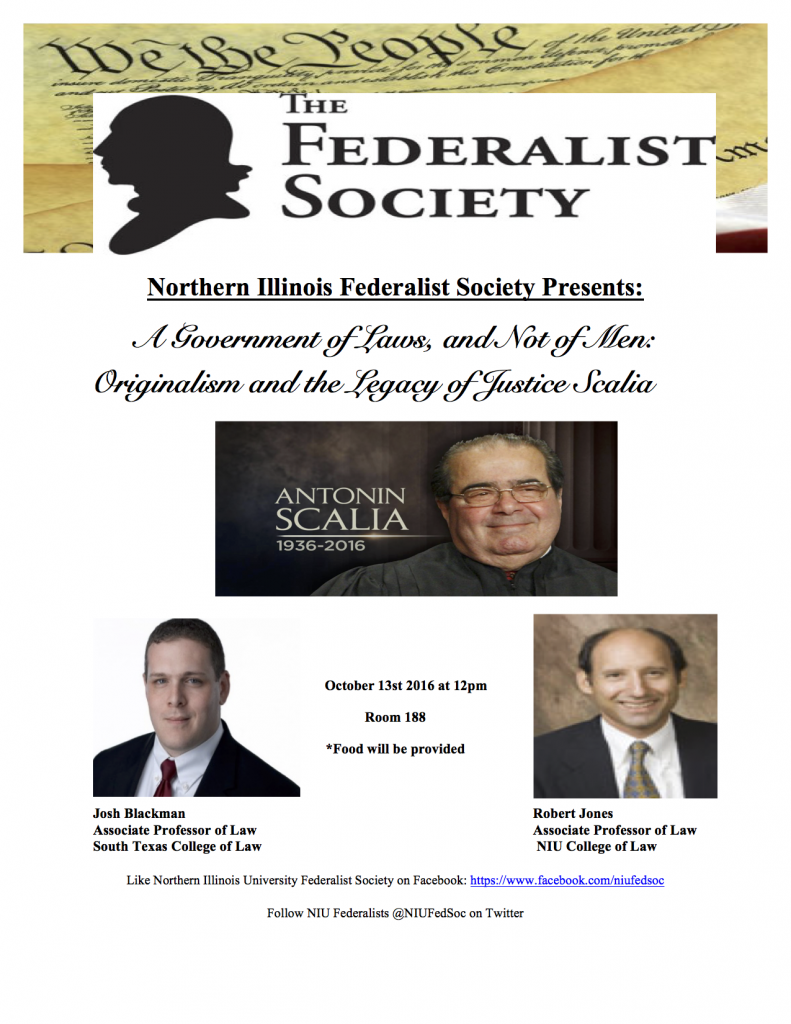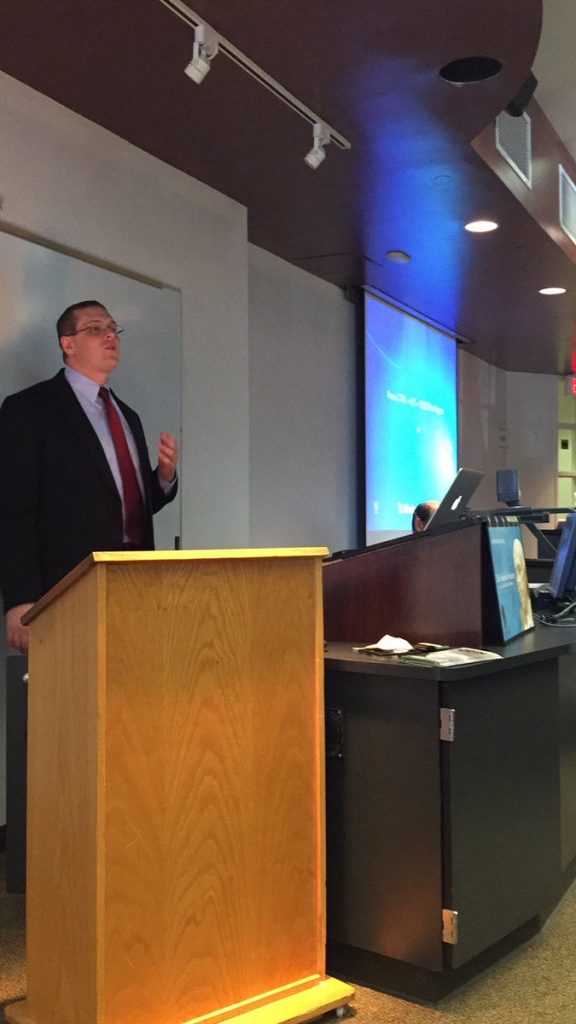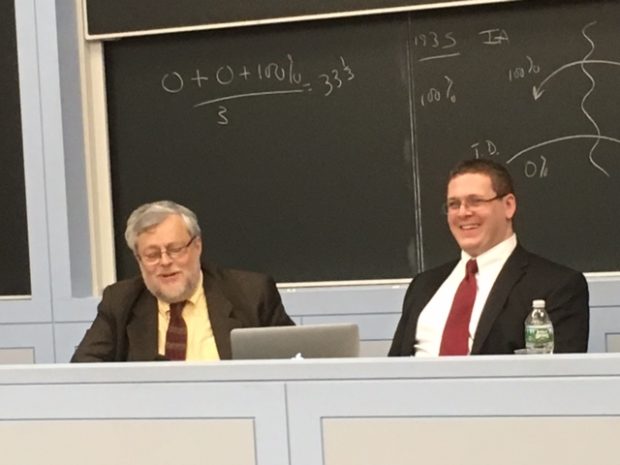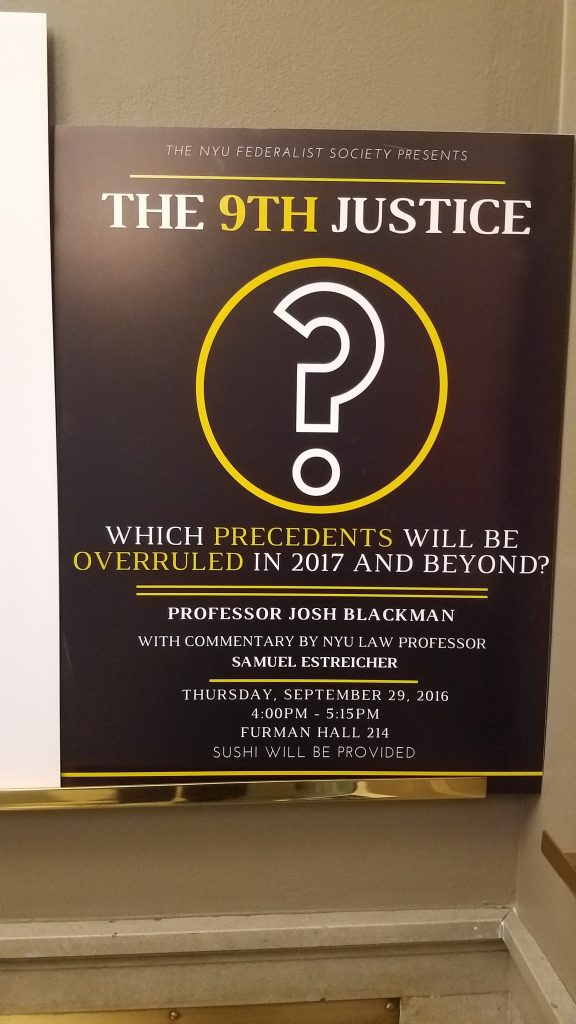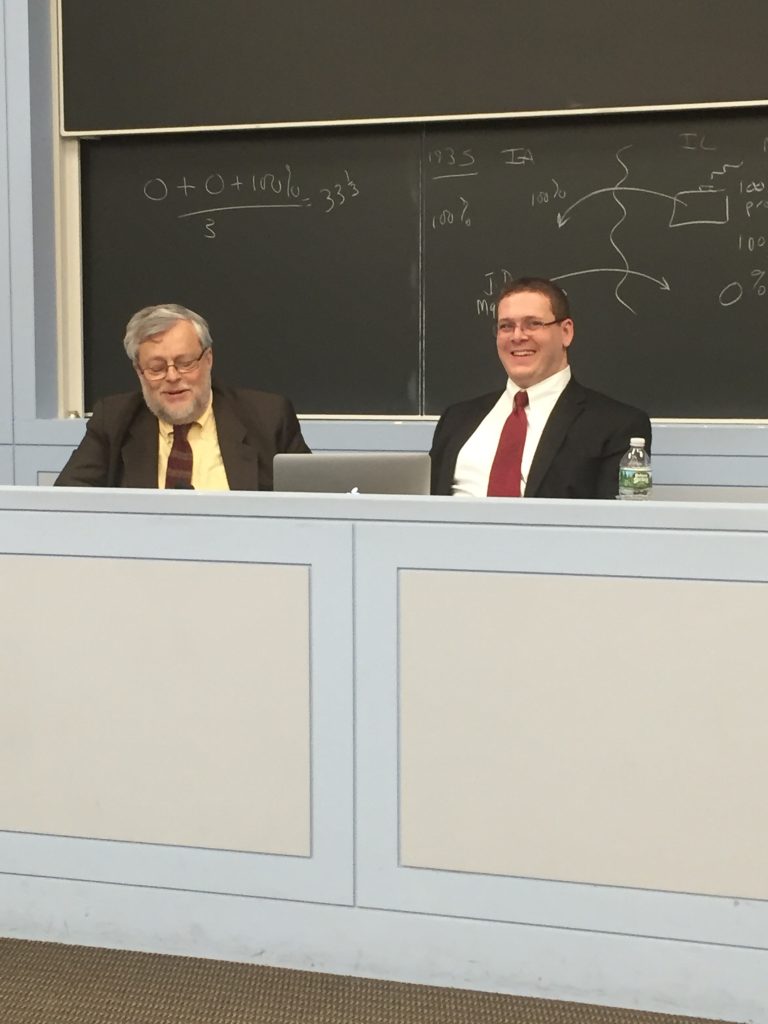This presidential election cycle has been surreal. Initially I supported and advised Senator Rand Paul’s campaign, hoping that the “libertarian moment” had some legs. I was wrong. After Paul dropped out, I shifted to Senator Ted Cruz’s campaign. My hope was that the American people could get behind a constitutionalist who has professed a belief in federalism and the separation of powers. There too, I was wrong. But following Cruz’s defeat, I was done. A few days after the Indiana primary, I wrote a piece for National Review, titled “Trump’s Constitution of One” (I drafted it well in advance, and was holding it for the right moment). In the article, I laid out in painstaking detail why I thought Trump was dangerous to our constitutional republic, even assuming he keeps his promise to appoint from his list of Judges. Five months later, nothing Trump has said or done has convinced me otherwise.
We, the undersigned lawyers and scholars, are committed to the original meaning of the Constitution of the United States. We write to oppose the election of Donald Trump.
Our Constitution vests in a single person the executive power of the United States. In light of his character, judgment, and temperament, we would not vest that power in Donald Trump.
Many Americans still support Trump in the belief that he will protect the Constitution. We understand that belief, but we do not share it. Trump’s long record of statements and conduct, in his campaign and in his business career, have shown him indifferent or hostile to the Constitution’s basic features—including a government of limited powers, an independent judiciary, religious liberty, freedom of speech, and due process of law.
- The President must take care that the laws be faithfully executed; he admires dictators as above the law.
- The President must serve as Commander in Chief, enforcing rules for the government and regulation of the land and naval forces; he praises armed repression and makes light of the laws of war.
- The President must hold a public trust on behalf of all Americans; he courts those who would deny to others the equal protection of the laws.
- The President must preserve, protect, and defend the Constitution; he has treated the legal system as a tool for arbitrary and discriminatory ends, especially against those who criticize him or his policies.
We also understand the argument that Trump will nominate qualified judicial candidates who will themselves be committed to the Constitution and the rule of law. Notwithstanding those he has already named, we do not trust him to do so. More importantly, we do not trust him to respect constitutional limits in the rest of his conduct in office, of which judicial nominations are only one part.
Whatever reasons there might be to support Donald Trump, the Constitution is not among them.
We are under no illusions about the choices posed by this election—or about whether Hillary Clinton, were she elected, would be any friend to originalism. Yet our country’s commitment to its Constitution is not so fragile that it can be undone by a single administration or a single court. Originalism has faced setbacks before; it has recovered. Whoever wins in November, it will do so again.
Originalism is a commitment to the Constitution, not to any one political party. And not every person who professes support for originalism is therefore prepared to be President. We happen to see Trump as uniquely unsuited to the office, and we will not be voting for him.
We urge all like-minded Americans to vote their consciences in November. And we call on them, through their voices and their ballots, to deny the executive power of the United States to a man as unfit to wield it as Donald Trump.
Signatures
Prof. Jonathan H. Adler
Case Western Reserve University School of Law
Prof. William Baude
University of Chicago Law School
Prof. Josh Blackman
Houston College of Law
Prof. Steven G. Calabresi
Northwestern University Pritzker School of Law
Oren Cass
Domestic Policy Director, Romney-Ryan 2012
Prof. Bernard J. Dobski
Assumption College
Prof. Richard A. Epstein
New York University School of Law
Hoover Institution
University of Chicago Law School
Prof. Christopher Green
University of Mississippi School of Law
Josh Hammer
Attorney
Jameson Jones
Attorney
Prof. Richard Kay
University of Connecticut School of Law
Prof. Benjamin Kleinerman
James Madison College, Michigan State University
Prof. Stephen F. Knott
Author of Washington and Hamilton: The Alliance That Forged America
Yuval Levin
The Ethics and Public Policy Center
Prof. Nathan B. Oman
William & Mary Law School
Prof. Michael Stokes Paulsen
University of St. Thomas School of Law
Prof. David G. Post
Temple University Law School (ret.)
Prof. Jeremy A. Rabkin
Antonin Scalia Law School, George Mason University
Prof. Stephen E. Sachs
Duke University School of Law
Kristen Silverberg
Former U.S. Ambassador to the European Union
Prof. Steven D. Smith
University of San Diego School of Law
Prof. Stephen F. Smith
Notre Dame Law School
Prof. Ilya Somin
Antonin Scalia Law School, George Mason University
Prof. Kevin C. Walsh
University of Richmond School of Law
Adam White
Hoover Institution
Prof. Greg Weiner
Assumption College
Prof. Keith E. Whittington
Princeton University
George F. Will
Columnist
Prof. Michael P. Zuckert
University of Notre Dame
(Institutional affiliations are for identification purposes only; this statement does not represent the views of these or any other institutions. For further information or to be added as a signatory, please contact [email protected] .)
